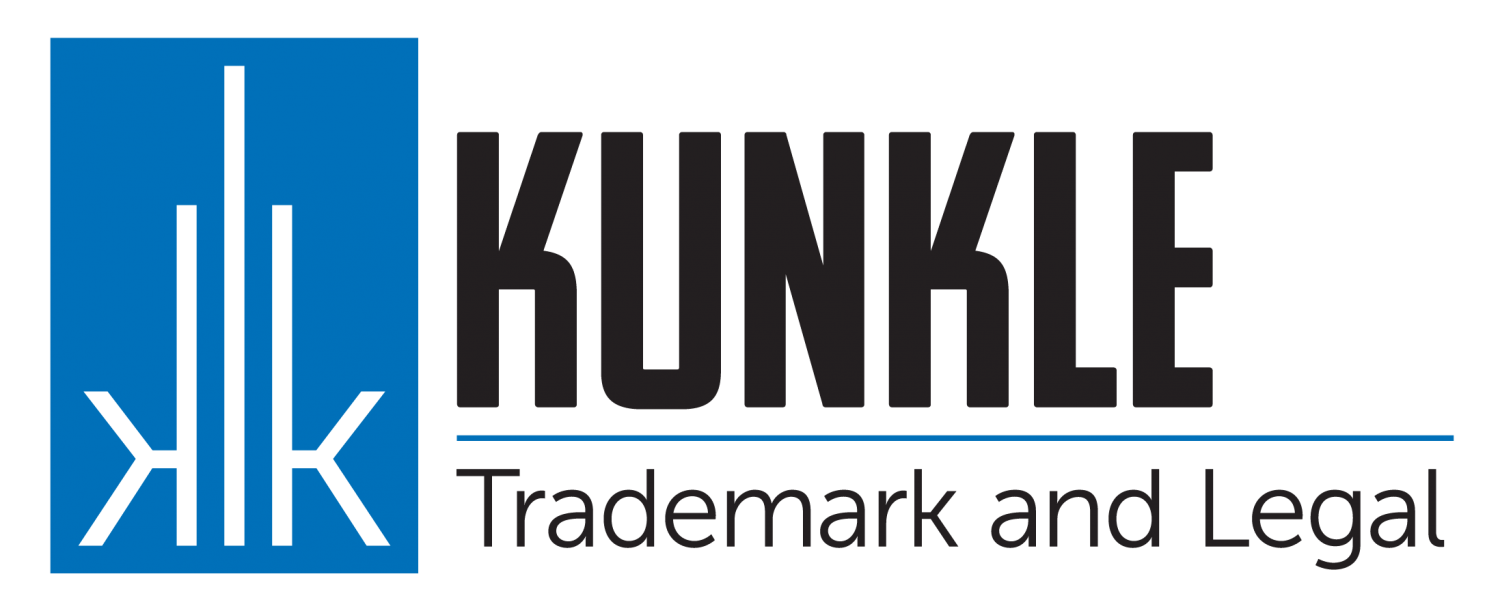When Cozy Kitten Cattery spotted what it felt was defamatory comments concerning their business on complaintsboard.com it raised their hackles and the fur started flying. After a series of complaints were filed in state and federal courts, the district court dismissed the complaint against InMotion after raising, Sue Sponte (on its own), the issue of whether 47 U.S.C. 230 of the Communications Decency Act shielded InMotion as the ISP which hosted the offending website. (on its own), the issue of whether 47 U.S.C. 230 of the Communications Decency Act shielded InMotion as the ISP which hosted the offending website.
Noting that the case was the first opportunity for the 8th Circuit Court of Appeals to hear a case involving Section 230, the court adopted the reasoning of of the 9th Circuit that it interpreted as holding that CDA immunity did not apply to websites that are designed to encourage or facilitate defamatory, or other wrongful speech, however, CDA immunity does apply to voluntary information and speech created by third parties and not required by the website ISP. Citing, Fair Housing Council of San Fernando Valley v. Roommates.com, LLC, 521 F.3d 1157, (9th Cir. 2008). Most commentators have noted that the tension that the reasoning of Fair Housing Council creates by not allowing absolute immunity to ISP’s is that courts must weigh when affirmative actions in facilitating comments crosses the line into becoming an active participant, rather than merely a conduit.
The CDA was initially drafted in response to a series of court cases which began placing liability on ISP if they took on the role of a publisher through editing and affirmative management of comments. Recognizing that it was bad policy to hold ISPs liable because the elected to try and take steps to mitigate harm, Congress enacted the CDA (which was largely thrown out in subsequent challenges – with section 230 surviving) to provide ISP with a means of managing content without assuming liability. Fair Housing Council recognized the intent of of Congress, while recognizing that the lines between conduit and speaker is sometimes blurred. While retaining the CDA’s intent to protect ISPs and allow them to exercise control over speech that occurs on their watch, Fair Housing Council strips websites attempting to hide behind it when they take an active roll in shaping the speech in the first place.
